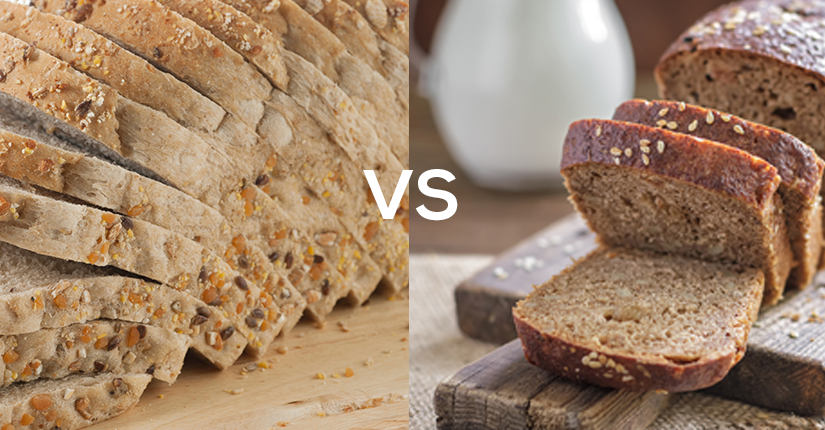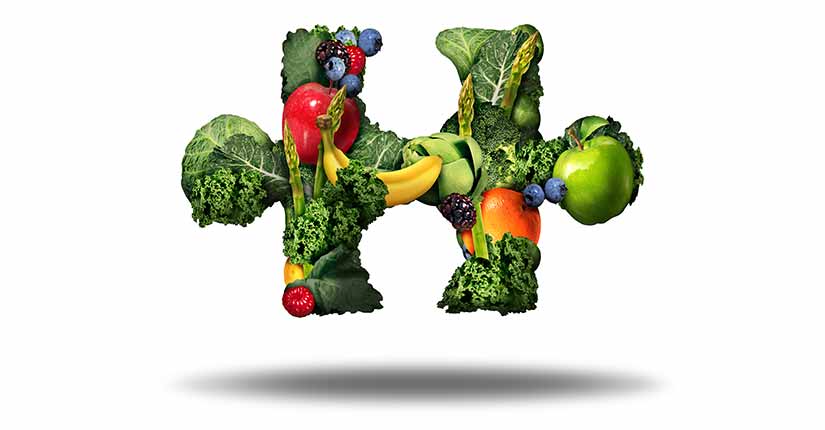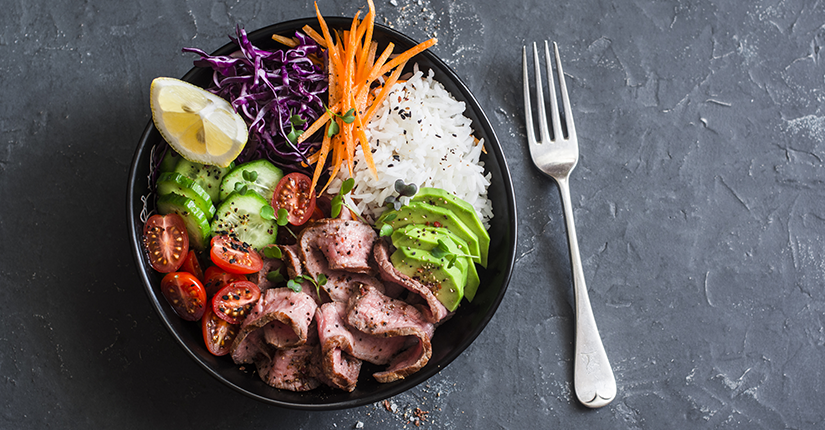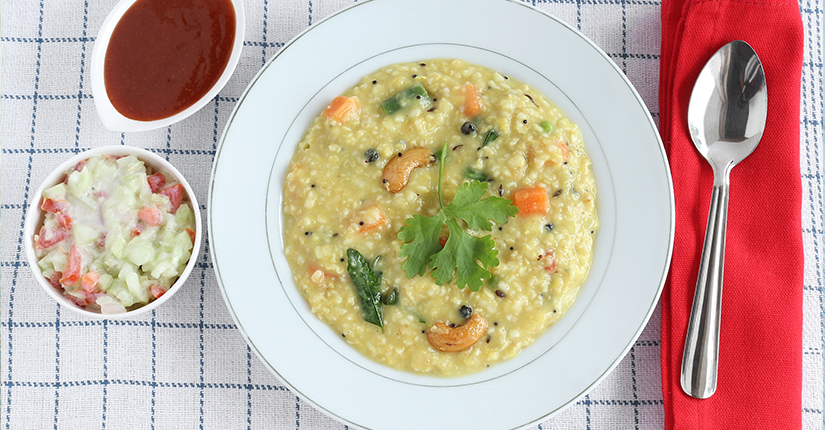Healthy Cooking: Effective Tips to Reduce Salt Intake in Diet
By Nmami Agarwal 22-Jun 2020 Reading Time: 4 Mins
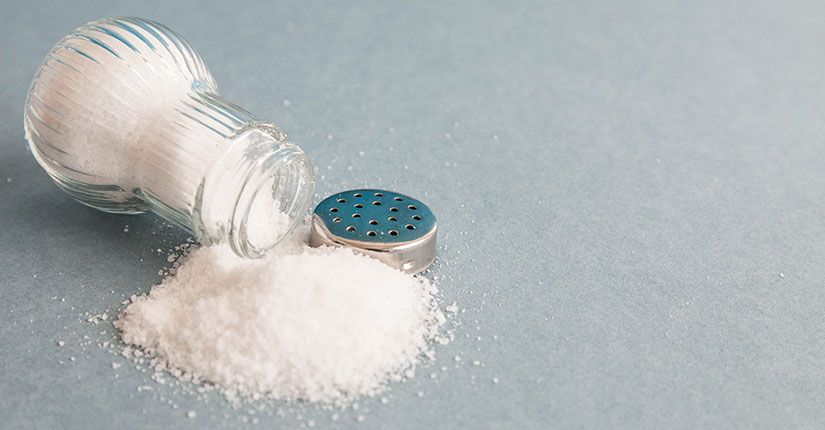
Salt is one of the most essential elements used while cooking to add flavor and to season the food. The chemical name for salt is sodium chloride. It is made up of 40 percent sodium and 60 percent chloride. Apart from adding flavor to the food, salt has other benefits too. It contains two very important minerals, sodium, and chloride which are important for the body.
Sodium regulates the blood flow and volume in the body and improves nerve function. But excess sodium can have negative effects on your body. Chloride is an electrolyte found in the blood. Salt improves the hydration levels and ensures an appropriate fluid balance. Deficiency of salt in the body can lead to muscle cramps, weakness, irritability, reduced hydration, and headaches. Therefore, the body needs to maintain salt levels for its effective functioning.
While we understand that consuming salt is necessary, taking an excessive amount of salt can impair the body in several ways. Eating too much salt is linked to cardiovascular diseases. Your blood pressure increases which deteriorates heart health. Too much salt can damage the bones too causing osteoporosis (a condition in which bones become weak and brittle). Excess salt intake can cause stomach cancer. To avoid any risk to your bodyand health, keeping a check on your salt consumption is crucial.
Here are some tips which can help you reduce salt intake:
- Make your own meals to know what goes inside your food. Stick to fresh foods. Readymade food, processed meat, and packaged food are loaded with excess salt.
- Compare packaged and processed foods before adding them to your grocery cart. Read the labels to make sure that you are buying a product with low sodium levels.
- Eat more fruits and vegetables. Make healthy swaps from a packet of chips that contains excess salt to a fruit salad which relatively no or very less sodium.
- Sauces, dips, and salsas contain high levels of sodium. Reduce the intake of these items and pick those products which have low sodium content.
- While cooking, use black pepper instead of salt for seasoning and adding flavor.
- Replace salt shakers on the dinner table with herbs. Choose spices, onion, garlic, coriander, black pepper, ginger and herbsto cook your meals.
- When eating out, ask your dish to be made with less or no salt. You can later add salt according to your taste and preference.
- Foods that are smoked, barbequed, and brined contain high amounts of sodium. Instead, foods that are steamed, grilled, baked, and roasted are less salty options.
Footnote
Salt is a key element in our meals. Our food wouldn’t taste the same if salt was absent from it. But this doesn’t mean that we cannot watch our salt intake. Switch to healthy food habits for a healthy mind and body.





